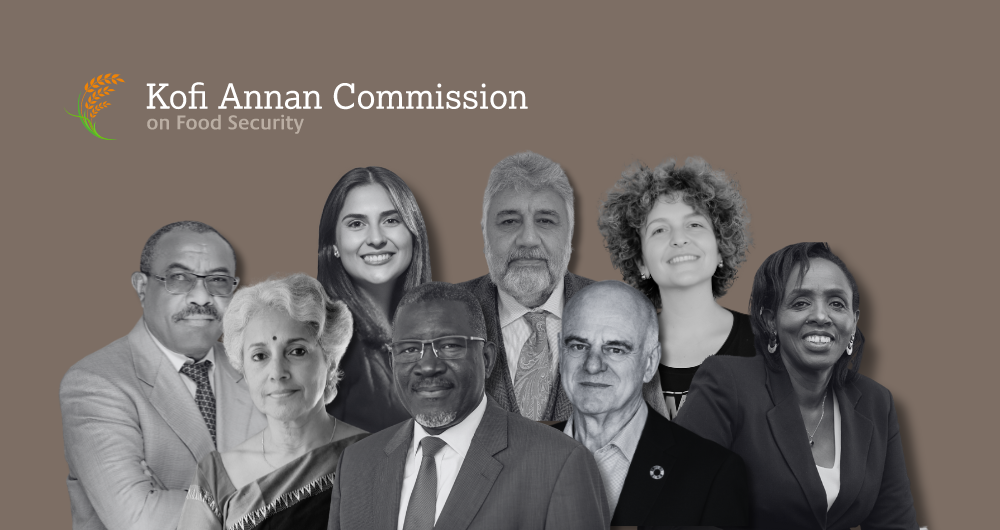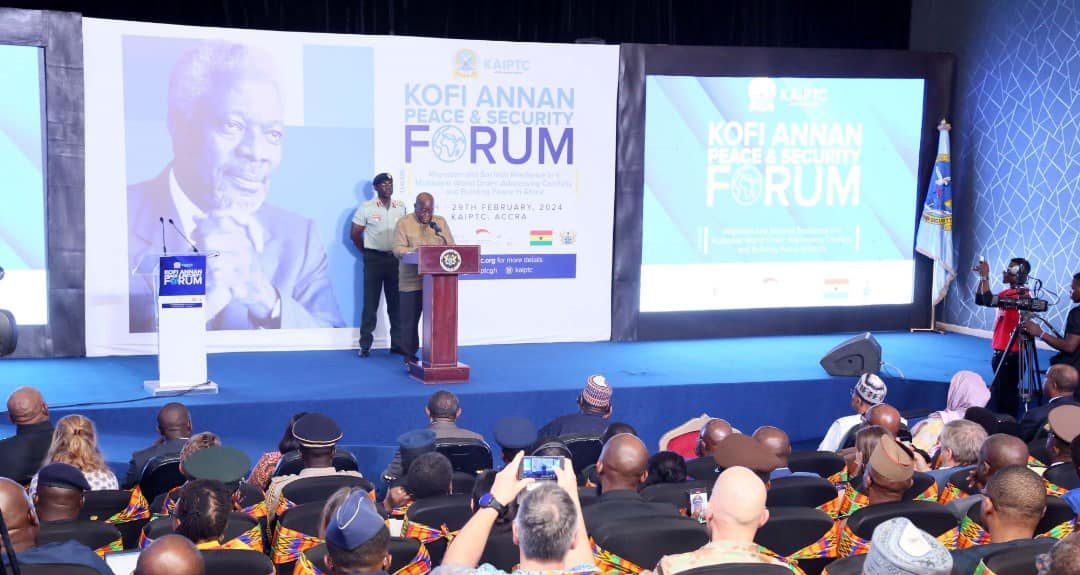“The authorities must demonstrate their political will to address this issue if they want to get the regional and international help which the country needs”
West African Commission on Drugs visits Guinea Bissau.
Bissau (20 August 2013): A delegation of the Commission on the Impact of Drug Trafficking on Governance, Security and Development in West Africa (WACD), led by former Nigerian President Olusegun Obasanjo, has just finished a three-day visit to Guinea Bissau.
“It is clear that Guinea Bissau is facing a real drug problem,” said President Obasanjo. “The country cannot solve this alone. No country could meet such a challenge alone. But the authorities must demonstrate their political will to address this issue if they want to get the regional and international help which the country needs.”
To better understand the situation in Guinea Bissau, the Commission met with a broad range of interlocutors during their visit: the transitional President, the Prime Minister, members of government, military, police and judicial authorities, the international community, representatives of international organizations, the diplomatic community and civil society.
“Guinea Bissau suffers from weak institutions and does not have the means to effectively patrol its borders, both land and sea,” noted President Obasanjo.
At the end of a lively exchange with some hundred students at Amilcar Cabral University Bissau Christine Kafondo, the Commissioner from Burkina Faso, found that the youth did not know enough about the risks associated with drug use and called for a public campaign to raise awareness.
“Where drugs transit, there is usually consumption,” she said. “We must take preventive measures.”
Dr. Alpha Diallo, the Commissioner from Guinea (Conakry), for his part deplored the lack of solid data on drug abuse and addiction and encouraged the authorities to conduct a study on the matter. He also felt that the rehabilitation center he visited, the only one in the country, is inadequate and ill-equipped to fulfill its functions.
Note to editors
•Kofi Annan, Nobel Peace laureate, launched the WACD at the beginning of the year in response to the surge in traffic and consumption of drugs in West Africa during the last decade. The commission, composed of 11 prominent West African personalities, is chaired by President Olusegun Obasanjo of Nigeria.
•During their stay, the commissioners met
•The transitional president;
•The Prime Minister;
•The Minister of the Interior;
•The Minister of Justice;T
•he diplomatic community;
•The military authorities;
•Representatives of law enforcement agencies;
•Representatives of the judiciary;
•A hundred students from the Amilcar Cabral University of Bissau;
•Fifty patients Rehabilitation Center Quinhamel;
•The press, local and international, present in Bissau.
•This mission was the third in a series of visits to the WACD to countries in the region. The next will be in Mali from 26-28 August;
•In parallel to these visits, the Commission has also commissioned a number of expert reports on various aspects of drug trafficking and consumption in the region;
•The WACD will publish a report on the impact of drug trafficking and consumption on governance, security and public health in early 2014, which will include recommendations for West Africa states, but also for major producer and consumer countries as well as regional and international organizations.
For media inquiries please contact:



